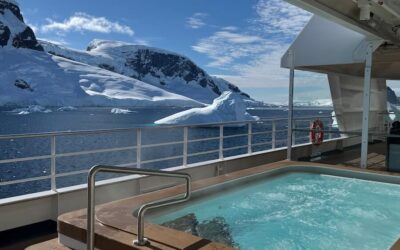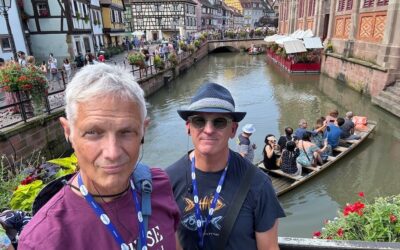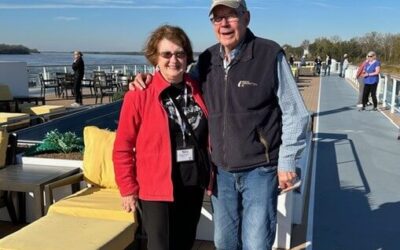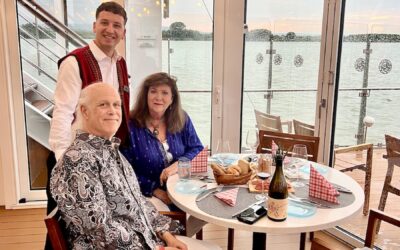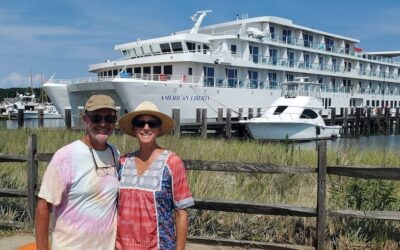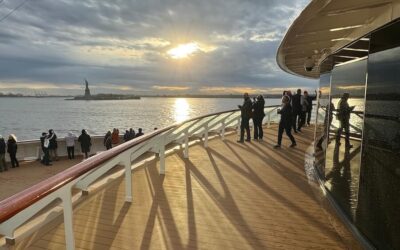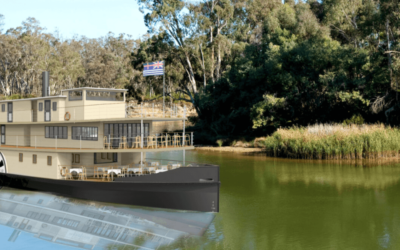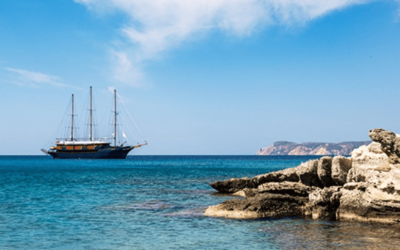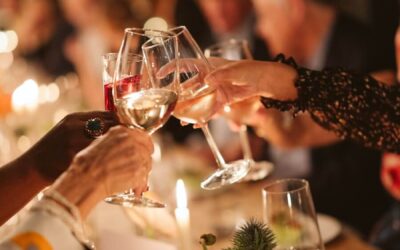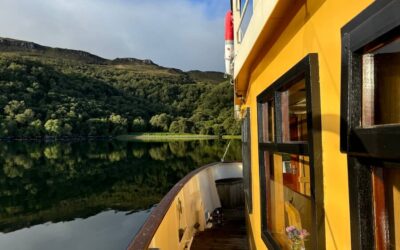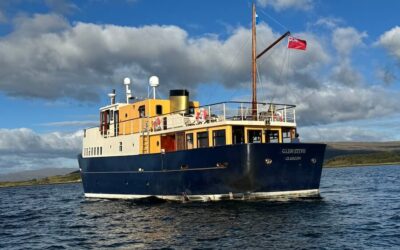By Ted Scull.
Ten minutes out of Paris, the rakish TGV hit 168 miles per hour streaking southeast toward Burgundy, well known for its wines, castles, and historic towns and cities, set in one of the most stunning landscapes in Europe. And the French fight hard to keep it that way.
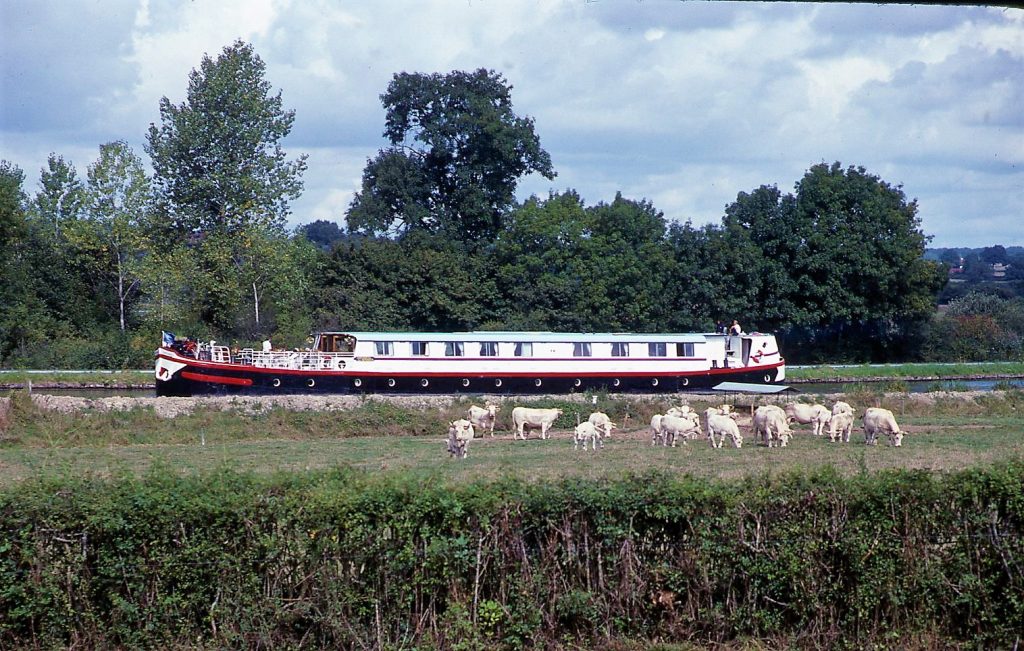
Charolais cattle grazing next to the Canal du Centre in Burgundy. * Photo: Ted Scull
Two hours later our pace drops to the speed of a slow walk aboard a 128-foot hotel barge negotiating the twisting Canal du Centre. Once underway, progress initially seems ever so plodding. But instead of a strong desire to take over the helm and get us moving faster, why such a rush and to where?
The sights, sounds and smells all around us are far too rich to simply drive by. Soon, as I sit in a comfy canvas chair on the upper deck, I relish being part of the landscape and begin to take it all in. The hustle and bustle that had been Paris slowly slips away. Welcome to Burgundy barging and la belle France.
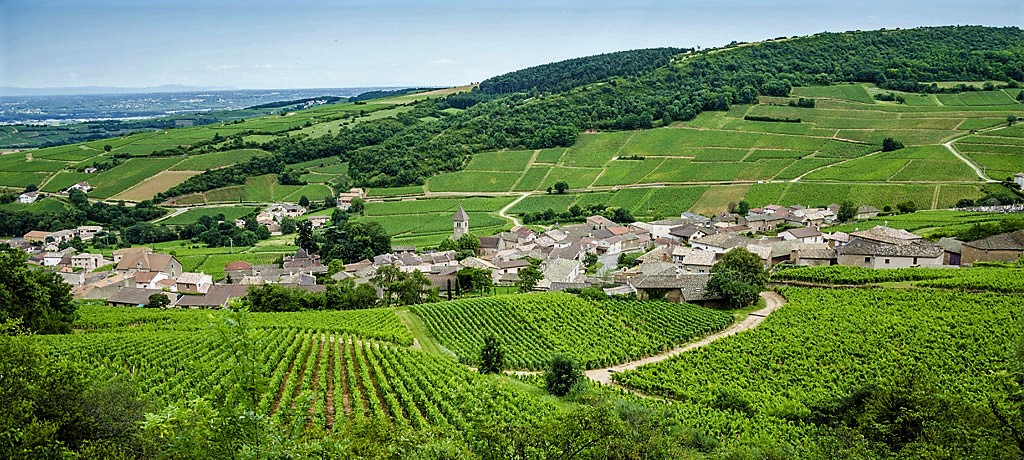
Beautiful Burgundy.
Burgundy Barging is to Travel in 18th-Century Style
From late 20th century, high-speed train technology, we have stepped back two hundred years to travel a navigable waterway completed at the very end of the 18th century.
Our barge, a floating hotel for the next six days, is one of many similar vessels that take aboard from a half-dozen to a score or more who come to sample the culinary, potable, historic, and scenic delights in the Burgundy region of France.
On this late August departure, we are 18 souls aboard a barge that could handle 22 — 11 Americans, two Bermudians, and a three-generation English family of five, looked after by a crew of seven and an all-important French chef.
Embarkation had taken place from the canal towpath curving above the village of Santenay whose surrounding vineyards supplied us with one of the two wines served at the first dinner.
A bell summons us at eight from the flower-bedecked foredeck to the adjoining oak-paneled dining saloon where we could choose our place at four candlelit tables.
In these circumstances, where everyone aboard is a new face, my wife and I like to do a bit of research using our instincts to check out fellow travelers. We dawdle a bit and watched to see where the first few sit and with whom. We figure it’s all couples who came individually, apart from the English family, and as there is room at their table, we ask if we can join them. They are from London, Francophiles and are delightful company.
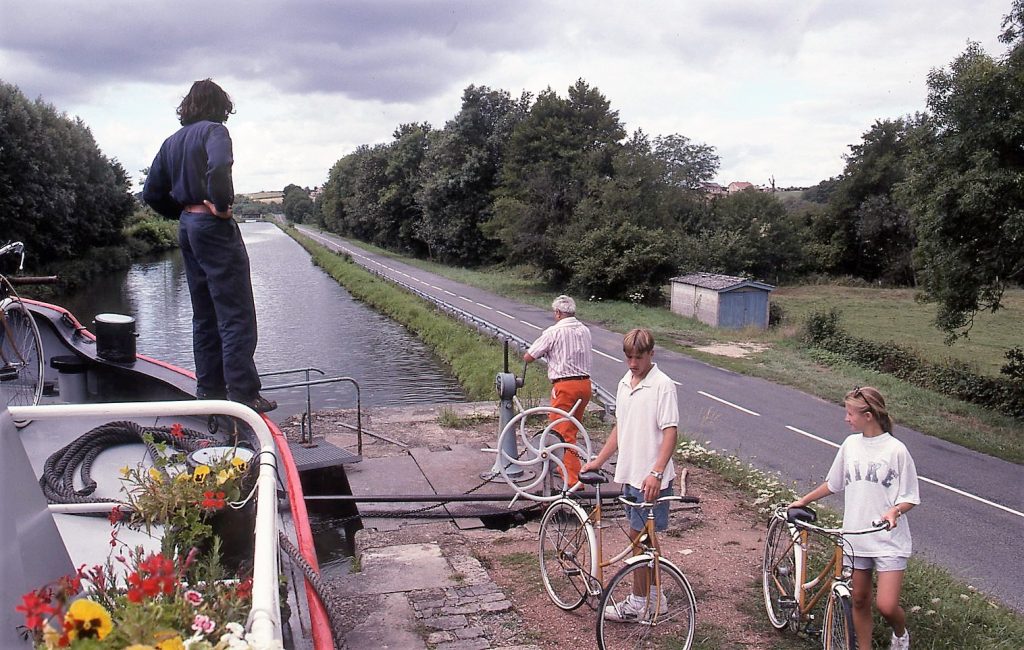
Three of the five-member English family. * Photo: Ted Scull
Focusing on the Food
Lunch and dinner begin with brief descriptions of the white and red wines and the intriguing cheese course, usually including one each made from cow’s, sheep’s, and goat’s milk.
On this first evening, the appetizer is whiting in a phyllo pastry with sorel sauce, followed by grilled lamb with thyme, cheese, and a peach tart.
On another occasion, we start with a mild gazpacho and continued with tender pork cutlets, ending with a rich chocolate mousse.
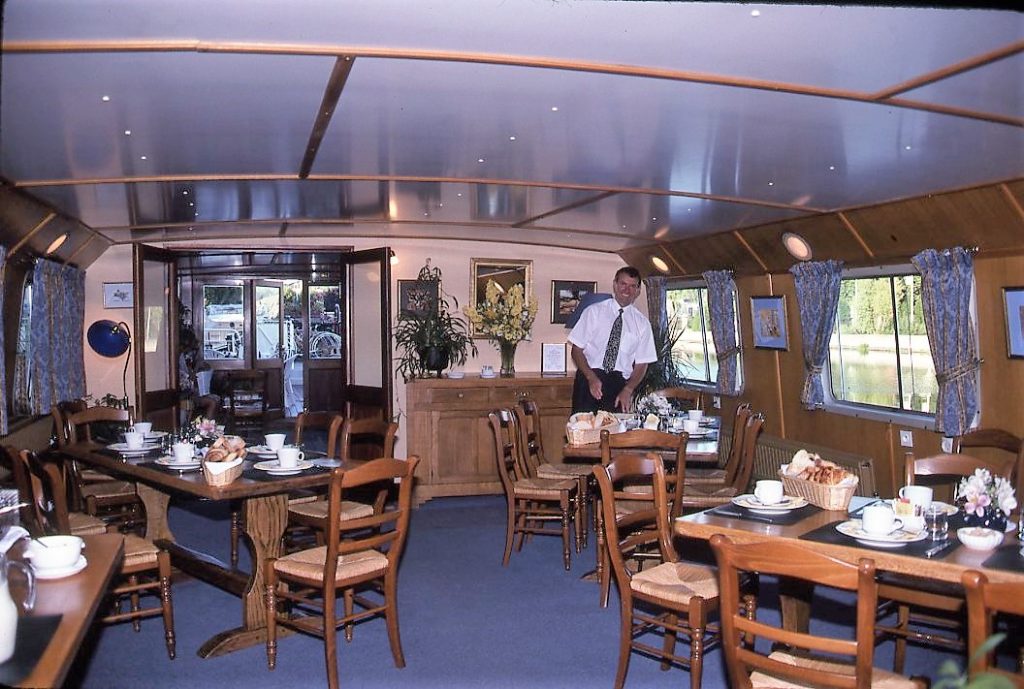
Dining Saloon aboard a barge in Burgundy. * Photo: Ted Scull
Lunch, a lighter meal, might include sausage in puff pastry, cold roast beef or a pasta and a variety of salads.
Breakfast offered fresh juices, cereals, and bread, croissants and pastries fetched, before we rose, by the deckhand who had peddled off to the nearest village bakery. The barge ties up by dinner time and stays that way until after breakfast. This way one can have a complete focus on the food and the company and not be afraid of missing anything outside. Then after dinner, and maybe an aperitif, we stroll into the village or town or meander along the towpath before retiring for the night.
The air-conditioned accommodations are five twin and two double bed cabins on the lower deck with portholes that open and two windowed twins on the upper deck. The crew lives at the stern aft of the galley. We are quite content to be on the lower deck as it is quieter and cabins are for sleeping only.
A Barge is Different from a Riverboat
On a barge, all cabin accommodations are close to the waterline, and those on the lowest of the two decks may be just a few feet above the water level. So, you can forget about French step-out balconies or sliding doors opening to a sitting verandah. Barges, whether rebuilt from cargo carriers or newly-designed, mostly travel along canals and must be able to slip under very low bridges, much lower than most bridges spanning the rivers traversed by multi-deck riverboats.
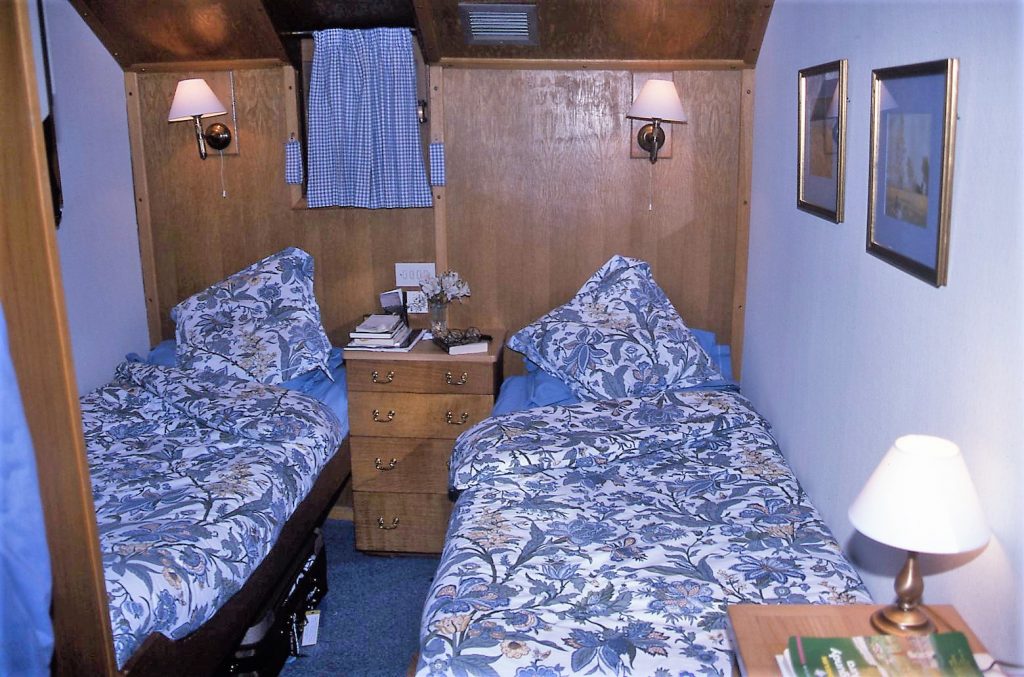
A small lower deck cabin. * Photo: Ted Scull
Canal barging allows for more flexible independent activities as it does not cover nearly as much mileage. If you go off on a bicycle, you will be able to peddle into town and then catch up to the barge at the next set of locks. Sometimes, you might do the same venture on foot.
A Lot of Locks
With 46 locks to negotiate during our six-day Burgundy barging adventure, the canal and its towpath are never very far away. So slow down if you have not already eased into the utter relaxing pace.
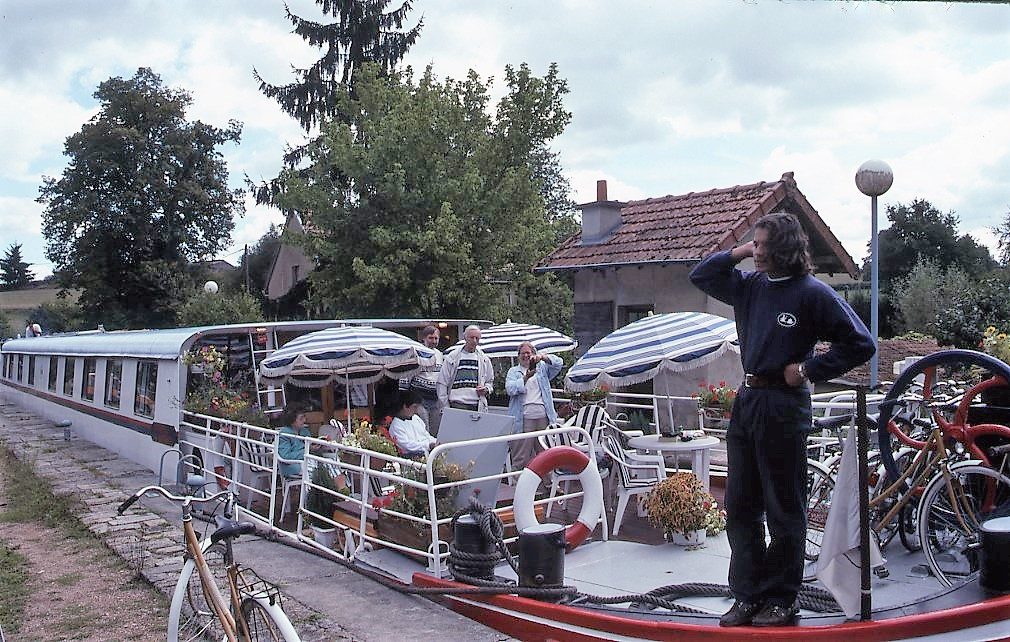
Lots of locks along the Canal du Centre. * Photo: Ted Scull
Some locking operations are automated, and the pilot simply tugs at a cable to activate the gates and fill or empty the chambers, while others are overseen by a lock tender, and maybe his or her trusty dog, who often live at the site in attractive gardens settings.
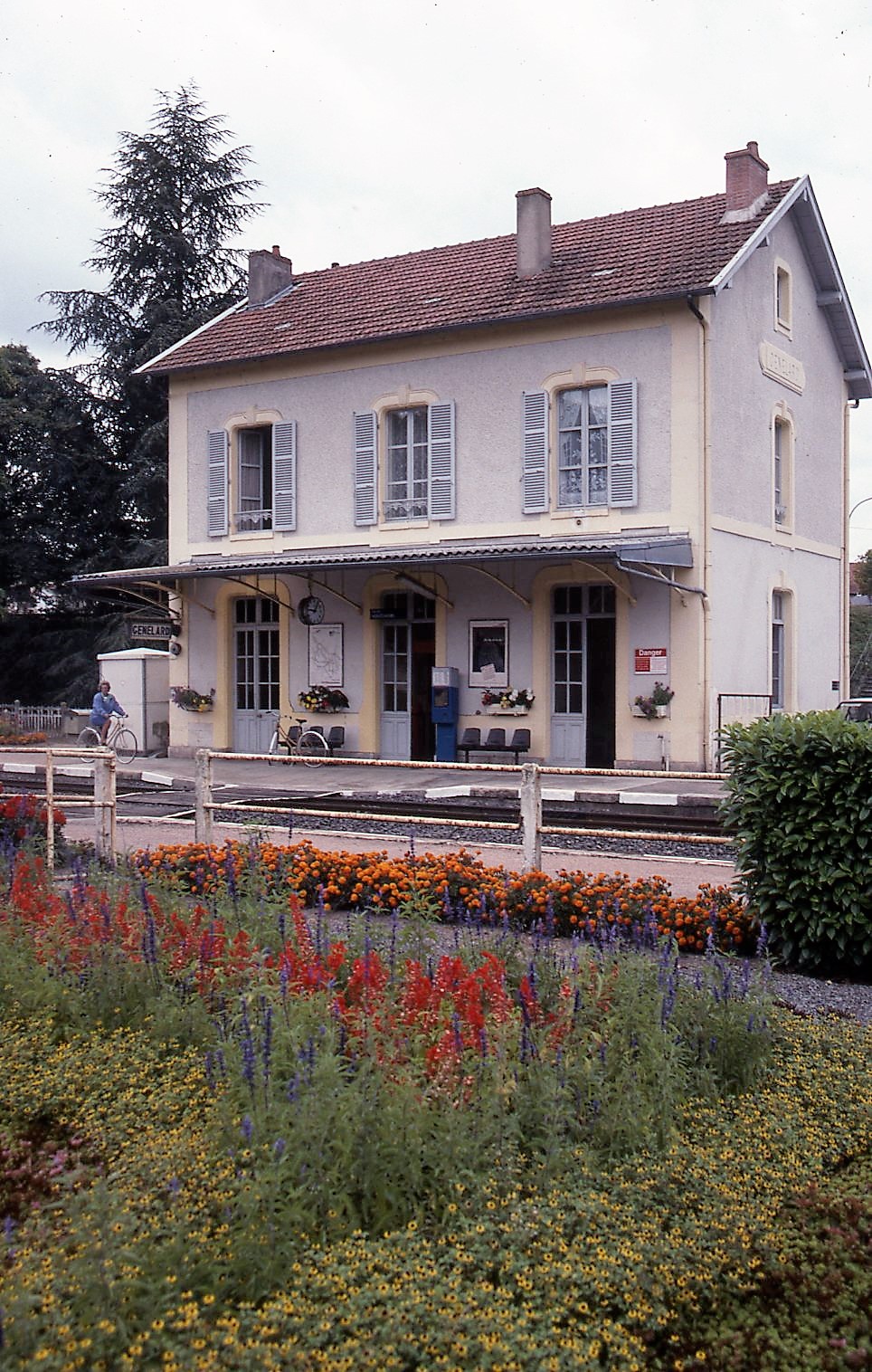
Lock tender’s house and garden. * Photo: Ted Scull
Once the Canal du Centre handled a lot of coal traffic, and locally manufactured tiles and farm goods before that, but now it is traversed solely by pleasure barges and boats.
Excursions To & Fro
Each day of our Burgundy barging provides a morning or afternoon excursion by small coach along country roads with views of Burgundy’s rolling farmlands and fields populated with attractive white Charolais cattle.
One day we visit Chateau de Couches, a formidable medieval stronghold, purchased by the state after the French Revolution and once again in private hands.
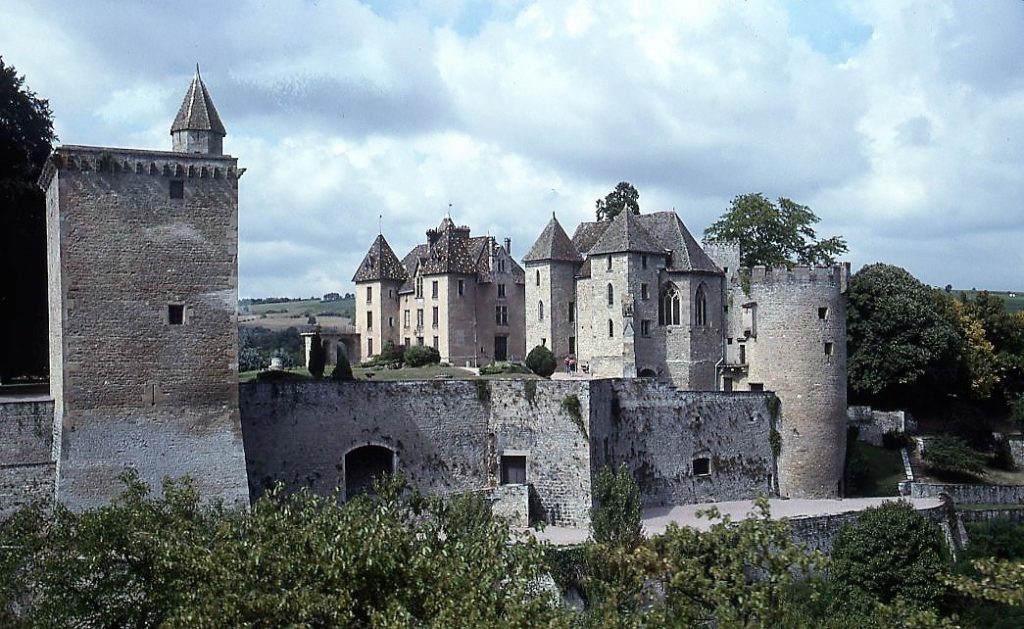
Chateau de Couches, Burgundy. * Photo: Ted Scull
After a tour of the towers, chapel, keep and dungeon, the owner hosts a wine tasting in the castle cellar.
On another, we drive to Autun with its Roman theater, Temple of Janus, and a handsome cathedral of Romanesque origins and later additions.
The valley of Cluny provides a look at the ruins of what was the largest church in Europe, founded by Benedictine monks in the 10th century.
Less cultural outings take us to a hand-made chocolate factory and an expansive Saturday market with stalls selling 30 kinds of olives, dozens of cheeses, live rabbits and poultry and the fruits and vegetables from the adjacent countryside.
A couple of passengers opt for hot-air ballooning, but my vertigo does not take easily to this kind of open-air ride high above the countryside. Those who partake lift off from a field adjacent to the barge and stay aloft for an hour and a half.
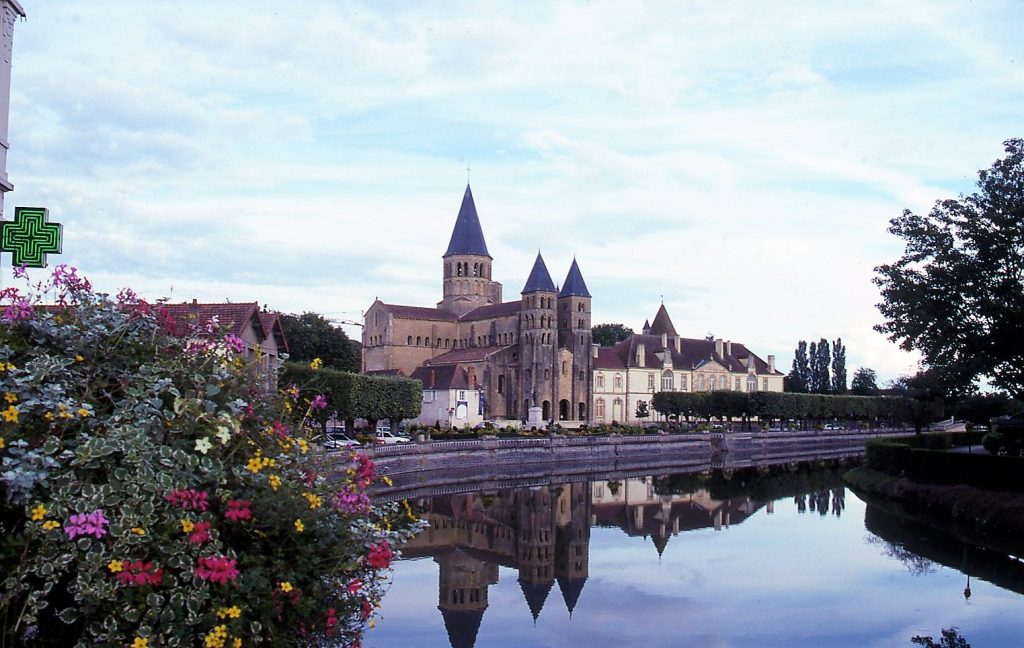
Paray le Monial, Burgundy. * Photo: Ted Scull
Who’s on Board
After a few days, we had a pretty good idea with whom we wanted to share the 18 meals that are not designed for eat and run. The key to success is choosing those who are having a wonderful time and enjoying the new experience of barging through France.
On our barge, a few came because they are serious Francophiles, and for this trip, they preferred somebody else do the driving and organizing what to see. First timers to France, outside of Paris, often like not having to cope with the aforesaid and the language. One couple collected barge trips along canals in different countries. For us, we know France moderately well but never have seen the country from the pace and intimacy of a barge. For us, it was a good choice.
Barging takes place beyond France in Holland, Belgium, Germany, Austria, England, Scotland, Ireland, Sweden, and now in 2018, in Ontario. Special interests are catered for such as food and wine, golfing, biking, hiking, and family activities.
QuirkyCruise currently covers three barge cruise lines
The Barge Lady
Also see europeanwaterways.com; franceafloat.com; frenchcountrywaterways.com
Don’t miss a post, subscribe to QuirkyCruise.com today!
© This article is protected by copyright, no part may be reproduced by any process without written permission from the author. All Rights Reserved. QuirkyCruise.com.


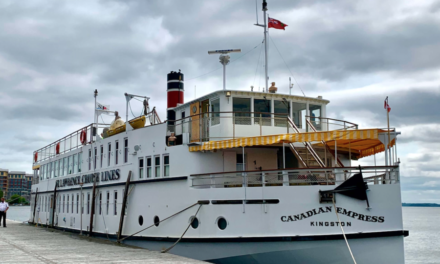
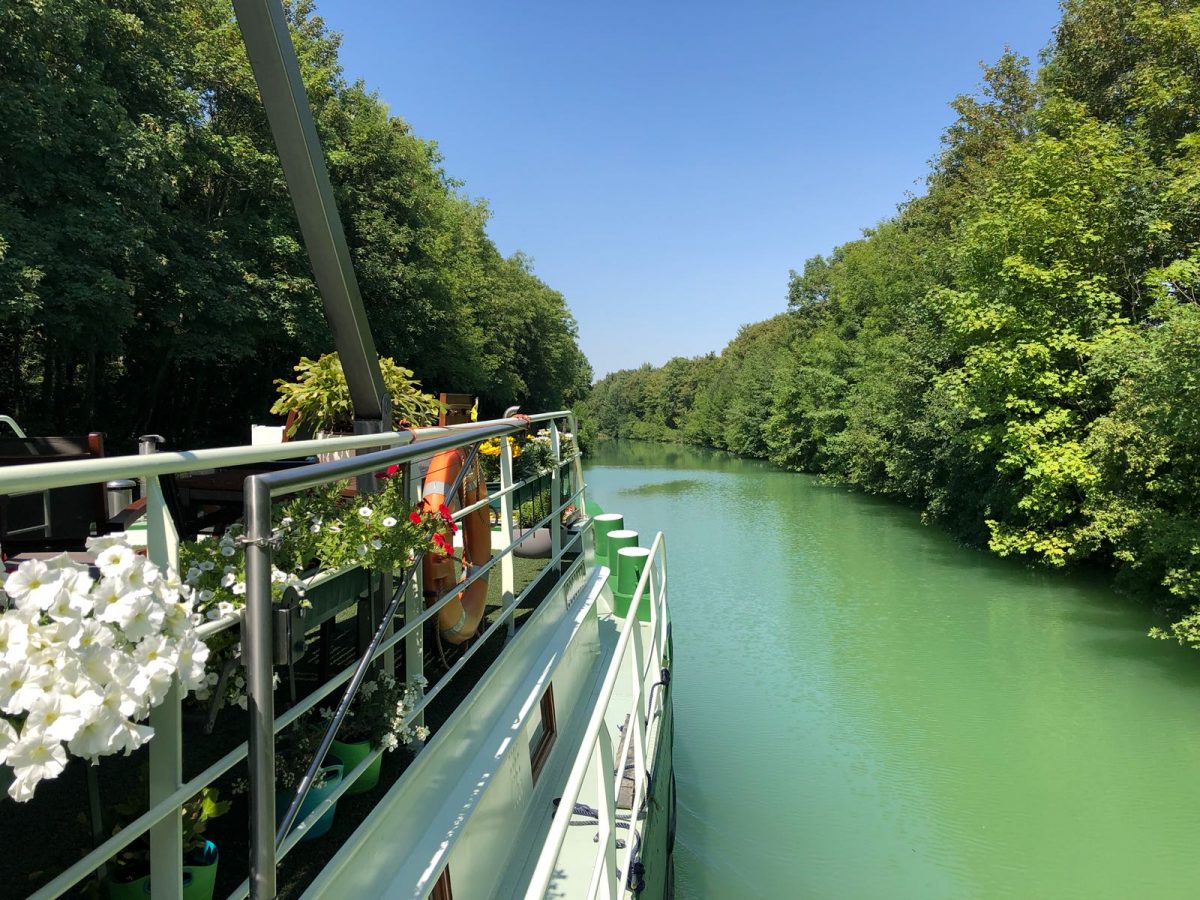
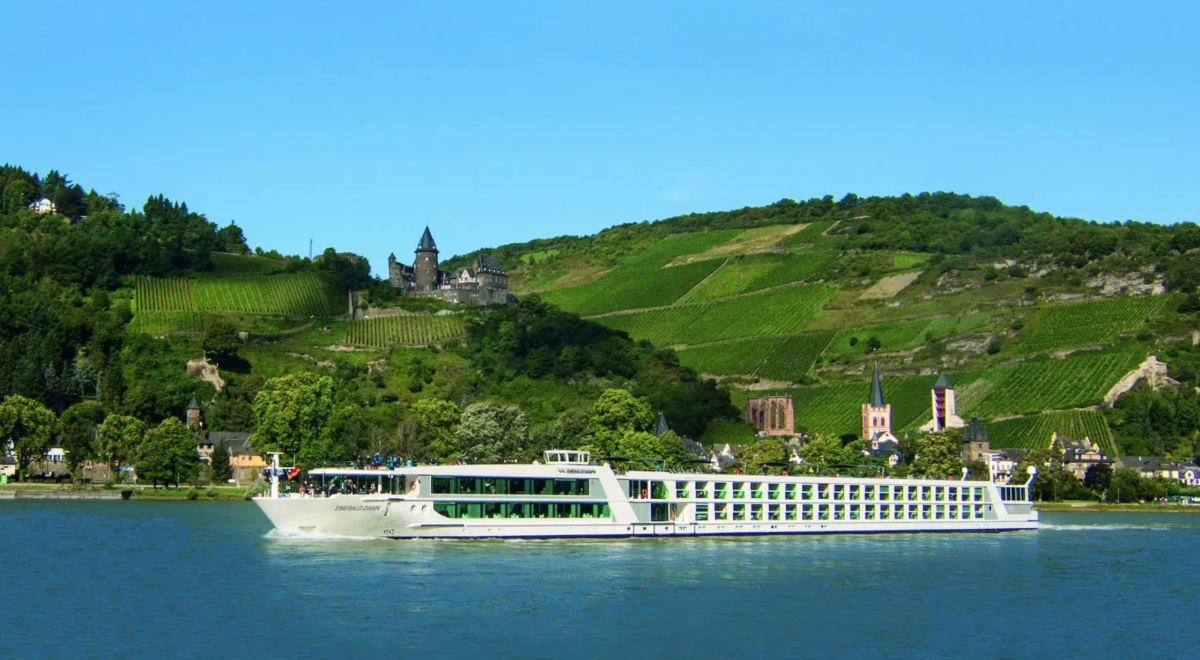
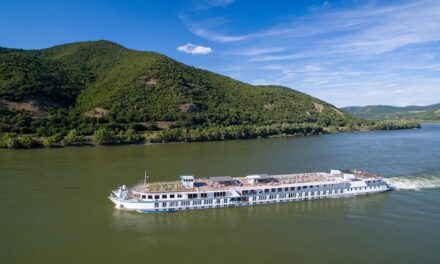
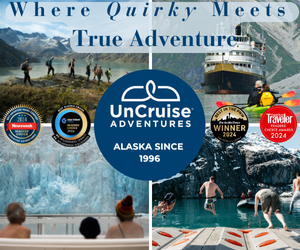
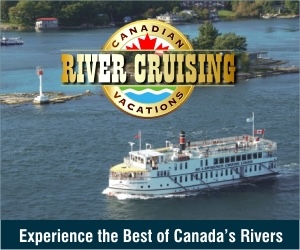
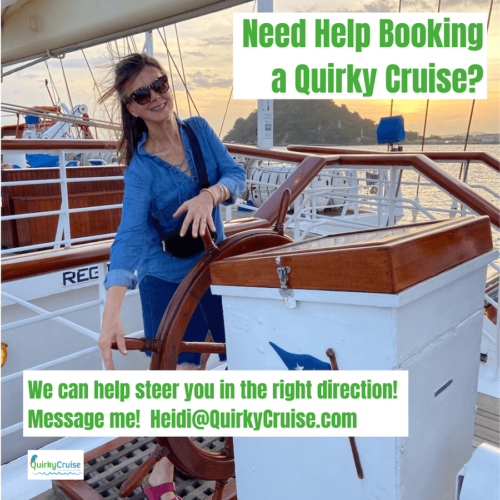

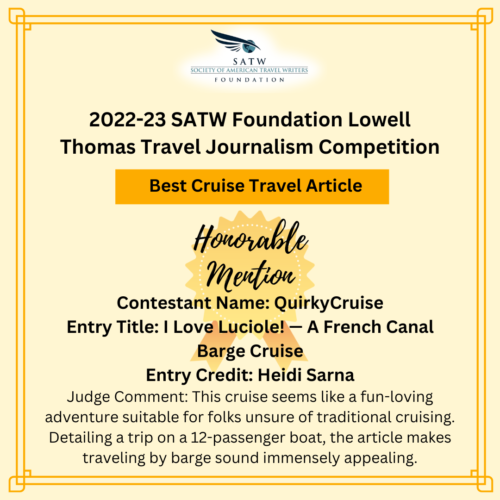
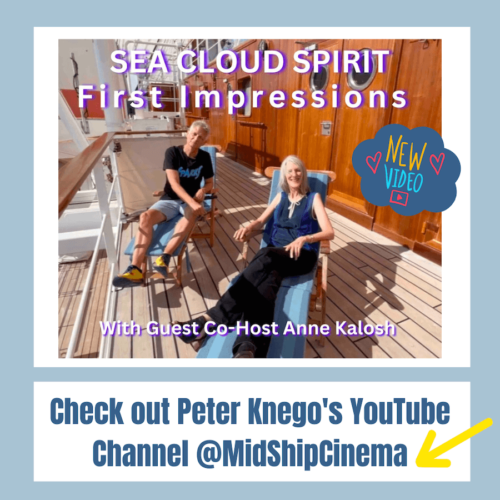


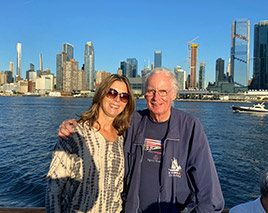 HEIDI SARNA
HEIDI SARNA
